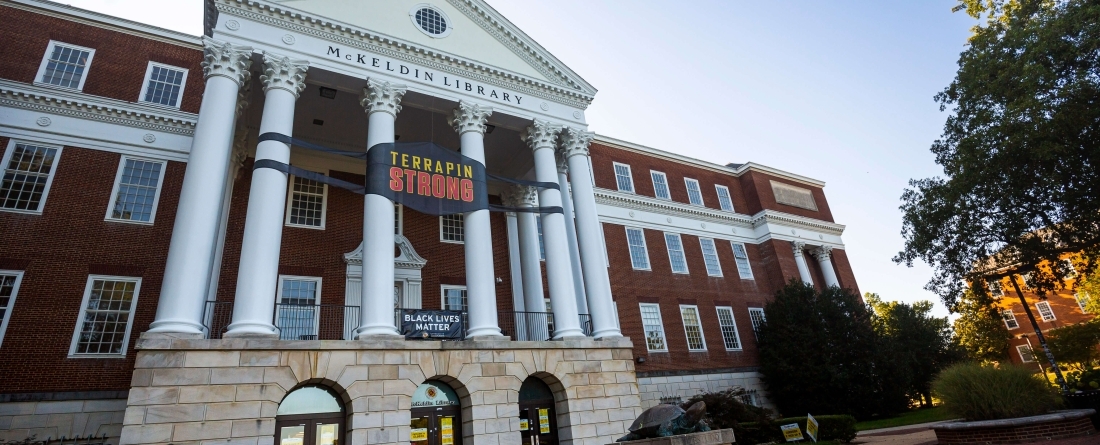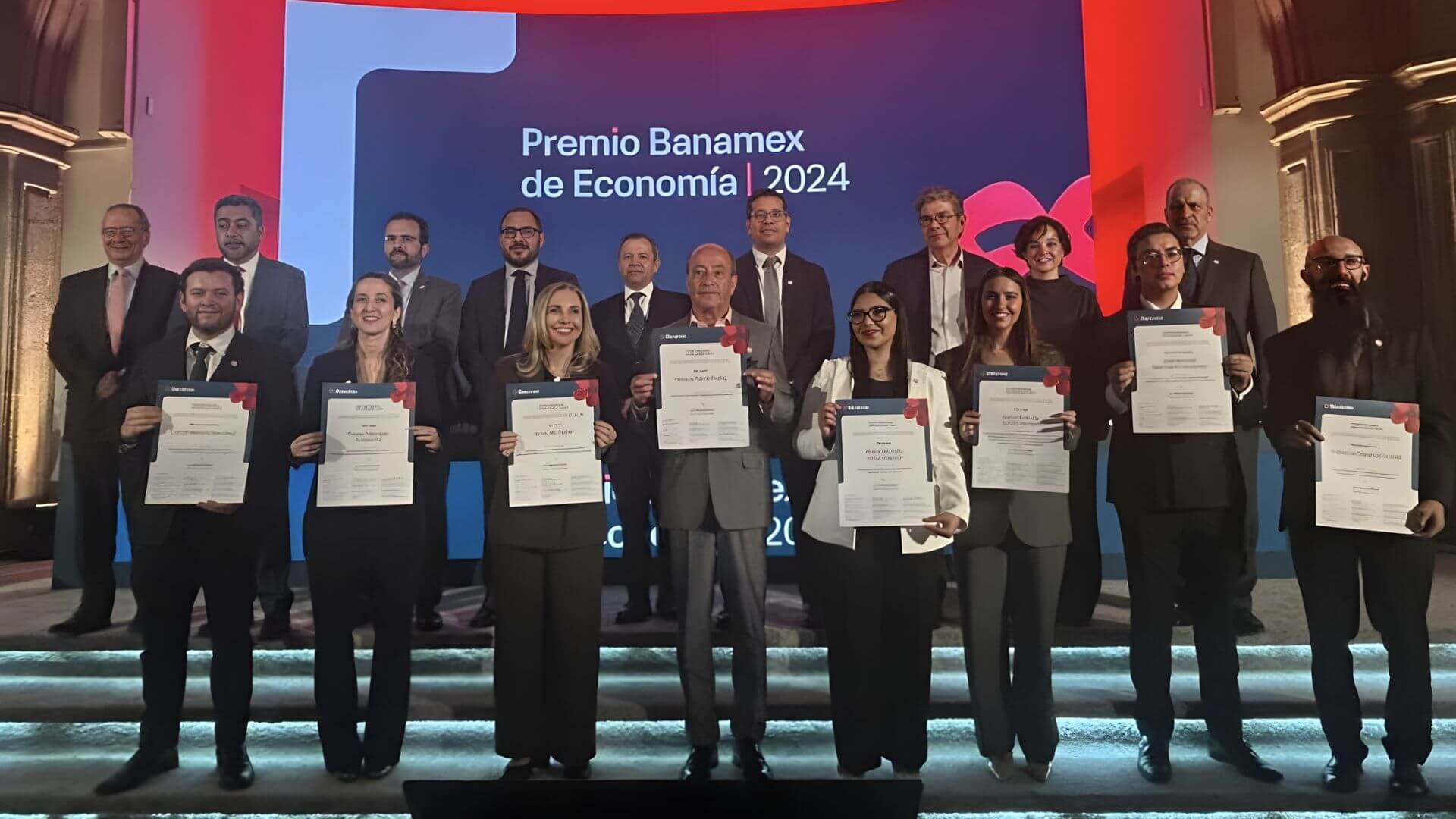
Public policy affects almost every part of our daily lives, from how we consume media to what we eat. At the forefront of many of today’s policy discussions is how it intersects with a range of social justice and identity issues. At the School of Public Policy, these topics are woven into our courses, just as they are a part of our history. Here are some courses for those interested in focusing on the impact of policy on diverse communities, and paving the path forward.
PLCY288A Introduction to Public Policy Topics; 21st Century Racial Justice and Gender from the Bullhorn to the Ballot
The intersection of gender and racial justice movements of the past two decades. Students will examine the representation and complication of gender within police reform, voting rights and environmental justice movements, among others. Particular attention will be given to the role gender has played as these issues and related policies have evolved in the modern era.
Learn more about PLCY288A
PLCY288B Introduction to Public Policy Topics; The Impact of Discriminatory Housing Policies on the Black Communities
Surveys the historical and present day housing policies that led to segregation and the marginalization of African Americans and its socioeconomic impact on the Black community. Students will examine and analyze the theoretical and practical implications of affordable housing programs such as public housing, housing choice voucher program, low-income housing tax credit, mixed-income, etc.
Learn more about PLCY288B
This course is an opportunity to explore and understand the “domino effect” that housing segregation has had on the Black community, resulting in education disparities, wealth gaps and health disparities.Chelsea Andrews Lecturer, PLCY288B
PLCY388P Special Topics in Public Policy; U.S. Immigration Policy: A Retrospective and Contemporary Review of Policy
Students will focus on studying the major eras of U.S Immigration Policy and will dive into understanding the various actors, reforms, policy tools and enforcement methods that have been implemented. The course consists of two modules. Module 1 dives into readings about immigration, immigrant policies, policy actors, and enforcement tools. Module 2 integrates social science methods for collecting and evaluating quantitative data to study the local implementation of immigration enforcement operations by learning the nuts and bolts of data collection, documentation, management, and analysis.
Learn More about PLCY388P
PLCY388X Special Topics in Public Policy; Cyber Conflict: Broad Scope and Disparate Impacts
Cyber conflict is often considered a distant problem, the concern of military commands and national governments. Cyber operations and intelligence remain at the center of conflict patterns, but there is so much more. The focus on state-on-state conflict is belied by the fact that the tools and targets of cyber conflict are frequently mundane and include information and services used daily by the public. And if tools can be used by everyone, attribution of effects can be to anyone. Harm can be unevenly distributed, and often falls on those least equipped to deal with its short term and long-term effects. Algorithmic decision making raises the issue of disparate impact hidden in non-transparent supposedly unbiased settings. This seminar explores these issues connecting old concepts of security with new concerns with disparate impact, privacy, access, and disinformation.
Learn More about PLCY388X
PLCY388Z Special Topics in Public Policy; Race, Capitalism and the Wealth Gap
America is experiencing some of the starkest income and wealth disparities in its history and several challenges continue to threaten its economic viability. Students will examine how the history and legacy of structural racism exacerbates economic inequality and forces America to lose trillions of dollars in its GDP every year. Particular attention will be given to the impact of the impending demographic shift to a majority people of color nation. Students will contemplate what and how leaders in government, business and community must act to prevent further exacerbation of income and wealth gaps.
Learn More about PLCY388Z
PLCY699D Selected Topics Public Policy; Examining Social Identity and Pluralism in Public Policy
Understanding how groups and individuals develop and coexist in society is an essential part of public policy. Using the classroom as a laboratory, students will explore identity development and how the intersections of race, class, gender, sexual orientation, and other identities shape perceptions that inform decision-making and policy development. From historical scholars to current day movement leaders, this course equips students with tools necessary to critically analyze pluralism, power, and identity; and the skills needed to shape meaningful and equitable public policy and working and civic environments for all.
Learn more about PLCY699D
Social Identity and Pluralism is a course that has stuck with me more than most from my undergraduate and graduate studies at the University of Maryland....Students learn from diverse perspectives and embrace the difficult conversations we naturally shy away from.PLCY699D student
PLCY699Q Selected Topics Public Policy; Anti-Racist Community Development
Students will discover frameworks that aim to restore wealth and value to communities that have been negatively impacted by racism. Coursework examines approaches to community development that are rooted in anti-racism. Through an examination of case studies, the course shows how the assets of housing, education, and businesses in Black-majority neighborhoods are devalued, and it offers policy solutions that can lead to greater investment.
Learn more about PLCY699Q



